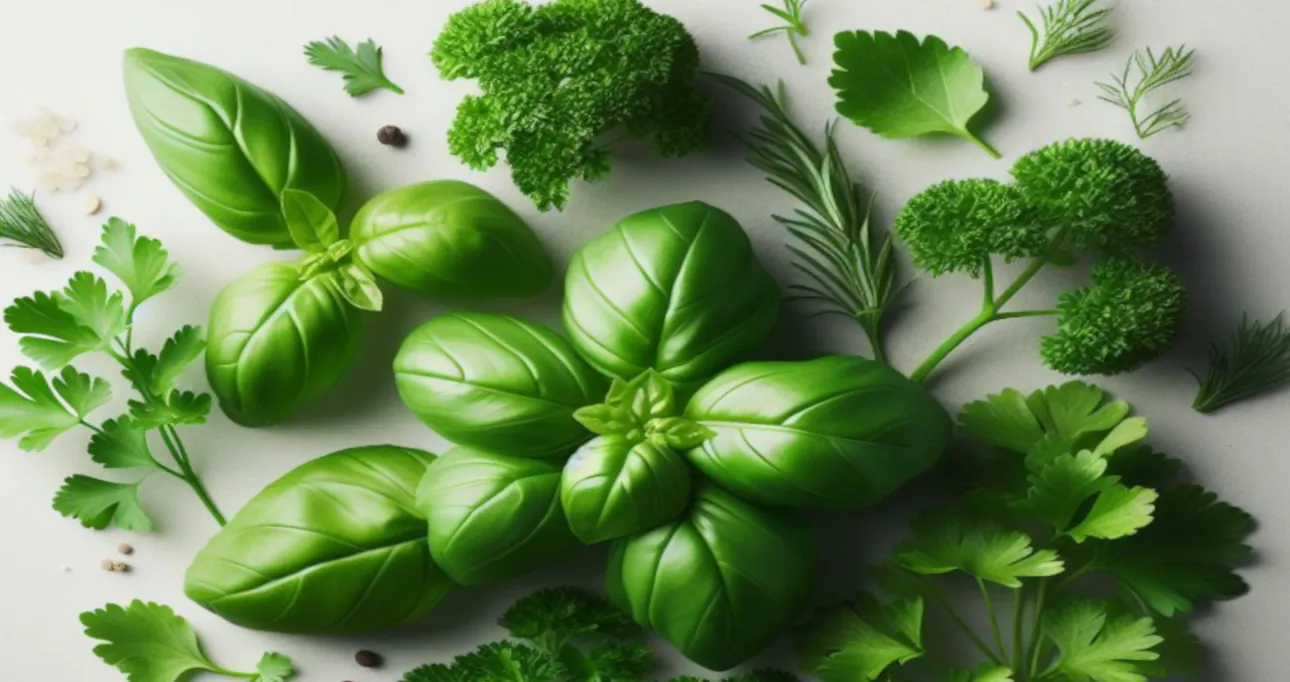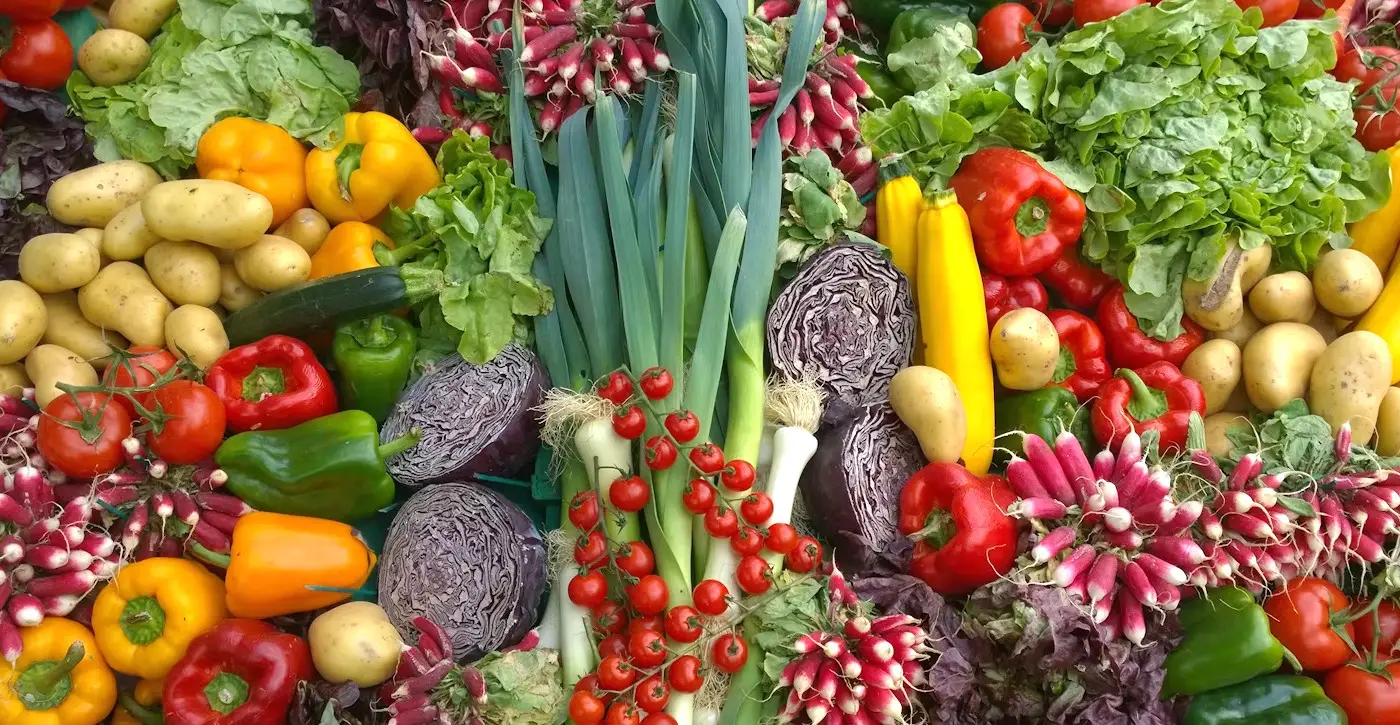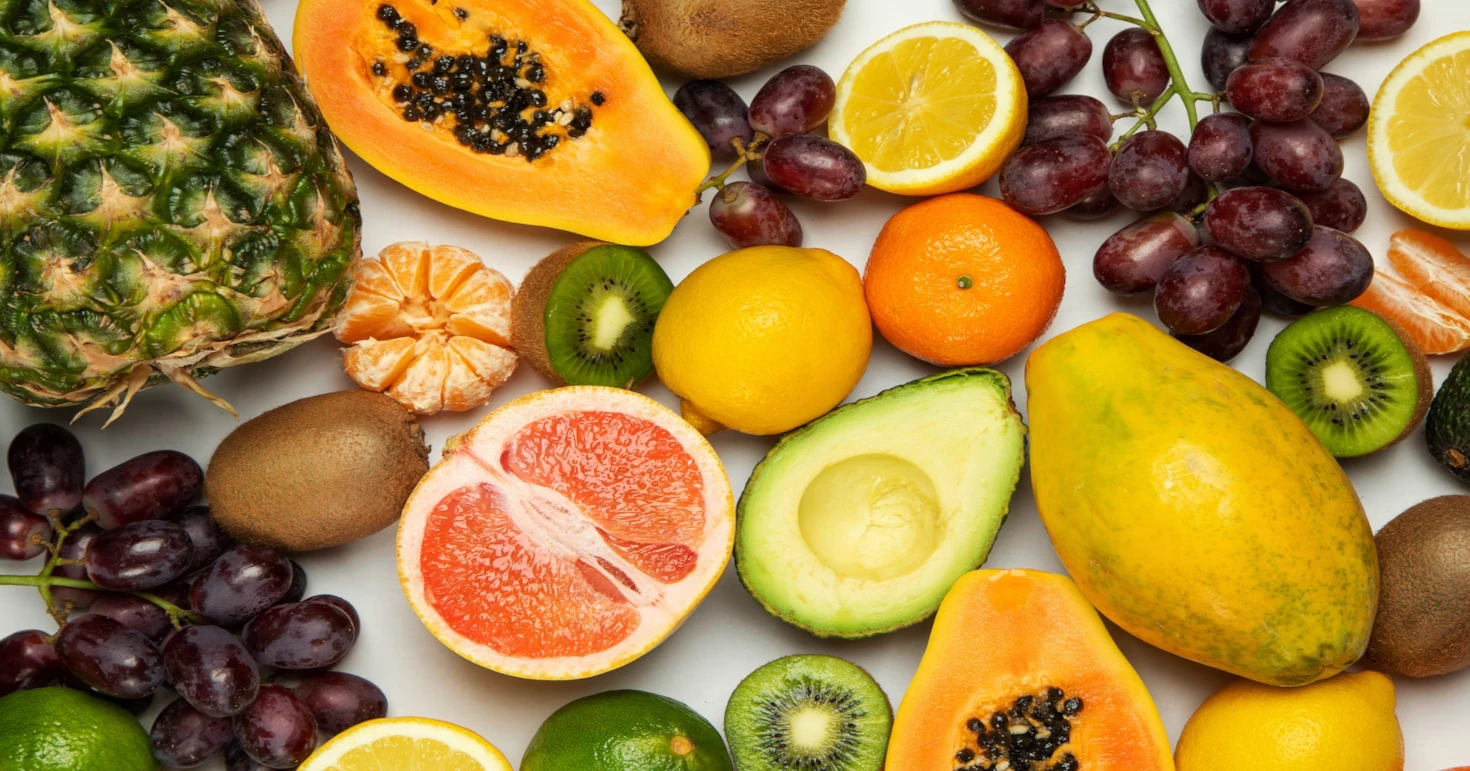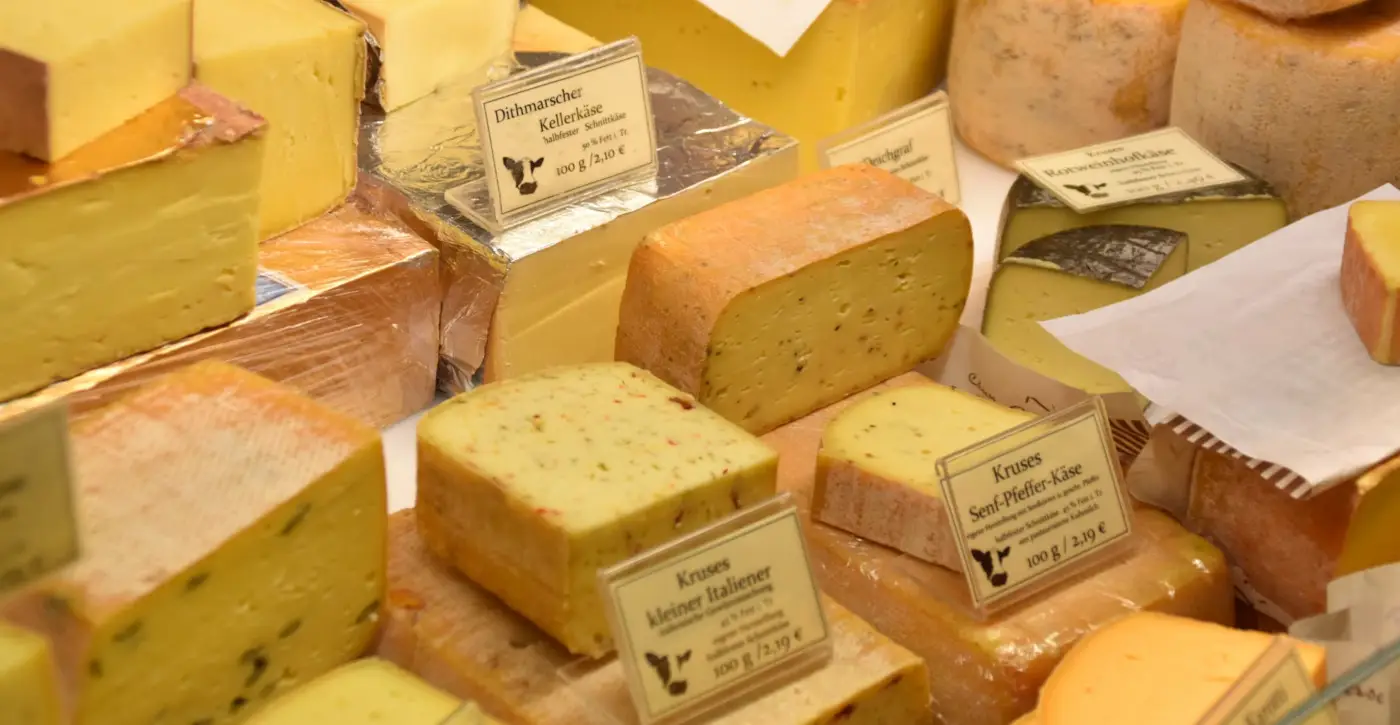Aloe vera Lysine and Arginine Info Sheet
Overview
Aloe vera is a succulent plant that grows in tropical and subtropical regions.It has thick, fleshy leaves that contain a gel-like substance that is used for various medicinal and cosmetic purposes.
Aloe vera gel has been used for centuries to treat skin conditions, such as burns, wounds, acne, and psoriasis.
It has anti-inflammatory, antibacterial, antiviral, and antioxidant properties.
Aloe vera juice can also be consumed orally to improve digestion, hydration, and immunity.
| Name | Lysine (mg/100g) | Arginine (mg/100g) | Ratio |
|---|---|---|---|
| Aloe vera | 50mg | 150mg | 0.33 |
Aloe vera contains 50mg of Lysine and 150mg of Arginine per 100g of product.
This means Aloe vera has a low Lysine-Arginine ratio of 0.33.
Because Aloe vera contains much higher levels of arginine than lysine, limiting its consumption is recommended by people who suffer from herpes, as it may trigger outbreaks.
Lysine Considerations
Aloe vera is not a good source of lysine, as it only provides 7.1% of the RDI for an adult.
Lysine is an essential amino acid that is needed for protein synthesis, collagen formation, wound healing, and immune function.
It is one of the nine amino acids that your body cannot make by itself, so it has to come from the food we eat.
Lysine has multiple functions in the body, such as helping with growth, healing, energy, immunity, and collagen production.
Lysine may also have some effects on the herpes virus, which causes cold sores and genital sores.
Studies have suggested that taking lysine supplements or applying lysine cream may help prevent or treat these infections by blocking the amino acid arginine, which the virus needs to grow.
Arginine Considerations
Aloe vera is a moderate source of arginine, as it provides 33.7% of the RDI for an adult.
Arginine is a semi-essential amino acid that is involved in nitric oxide production, blood pressure regulation, wound healing, and immune function.
Arginine can enhance your wellbeing and performance, such as lowering your blood pressure, healing your wounds, and boosting your exercise endurance.
Arginine can be made by the body or obtained from foods like meat, dairy, nuts, and soy.
Unfortunately, the herpes virus is known to "feed" on arginine, and having a diet higher in arginine than lysine may increase the occurrence and severity of cold sores and herpes outbreaks.
Lysine-Arginine Ratio
Aloe vera has a low lysine-arginine ratio, which means that it has more arginine than lysine.
This may not be ideal for people who have herpes simplex virus (HSV) infections, as arginine may promote viral replication and trigger outbreaks, while lysine may inhibit viral growth and reduce symptoms.
However, the evidence for this is not conclusive and other factors, such as stress and immunity, may also play a role.
The herpes simplex virus, which causes oral and genital herpes, needs arginine to multiply and infect cells.
Lysine, on the other hand, can interfere with the absorption of arginine in the intestine, and thus limit the availability of arginine for the virus.
By eating a diet higher in lysine than arginine, one may be able to prevent or treat herpes symptoms.
Foods that have a high lysine-arginine ratio include dairy products, fish, poultry, fruits, and vegetables.
These foods can supply the body with sufficient lysine to compete with arginine and inhibit the virus from replicating and causing outbreaks.
Dietary Considerations

For example:
A well-balanced and healthy diet that strengthens your immune system and lowers inflammation is important.
This means you should eat a lot of fruits, vegetables, whole grains, lean protein, and good fats, and avoid processed foods, added sugars, alcohol, and caffeine.
Avoid alcoholic beverages and caffeine which can overstimulate your body, leave you dehydrated, and compromise your immune system.You may want to take l-lysine supplements.
L-lysine is known to prevent herpes outbreaks and it can help stop a cold sore in its initial stages by "starving" the virus of arginine before it has a chance to cause a cold sore.
Taking other food supplements that can improve your immunity and protect your cells from oxidative stress, such as vitamin C, zinc, selenium, and antioxidants.
Avoiding foods that can cause allergic reactions or sensitivities, such as gluten, dairy, nuts, eggs, or shellfish.
These foods can trigger inflammation and weaken your immune system, making you more susceptible to outbreaks.
Eating foods that can soothe your symptoms and speed up your healing process, such as honey, yogurt, aloe vera, and chamomile.
These foods have anti-inflammatory, antiviral, and antibacterial properties that can reduce pain, swelling, and itching, and promote tissue repair.
Check more food information






